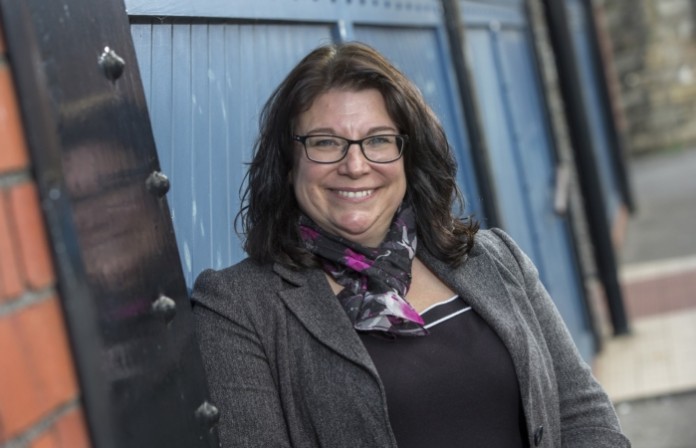Responding to the report from the Future Generations Commission on the M4 Relief Road, Heather Myers, Chief Executive of the South Wales Chamber of Commerce said:
“The concern expressed to me by the business community when the Wellbeing of Future Generations Act was passed was that it would be used as another excuse for things not to happen in Wales.
“This report from the Future Generations Commissioner unfortunately proves that theory right. There doesn’t seem to be any hard proposals, just idealistic views. These are not solutions to the problems Welsh businesses are facing right now, every day.
“This isn’t a balanced, neutral report. It does not take into account the views of businesses which we hear every day. The businesses who are struggling to be competitive, whose goods, staff and customers are held up in regular traffic jams and the businesses that will benefit by the opening up of new land for development.
“The Future Generations Commissioner is just repeating the same old, same old argument that we’ve heard for the past thirty years. Every time proposals for a new M4 around Newport are brought forward someone shouts “we should be spending that money on public transport instead”. However it always amounts to nothing, and we have no confidence that it will be any different this time.
“If the Commissioner really wants to look after the economic well-being of future generations she should be calling on the government to find the money to build the M4 Relief Road and improve public transport. Other countries manage to do both. Copenhagen is held up as one of the best cities in Europe for cycling, but in the 30 years we’ve been waiting for the relief road to be built the Danish government have built a road and rail bridge connecting Copenhagen with the Danish mainland and another with Sweden. Both costing more than the M4 Relief Road.”
Responding to the report, Robert Lloyd Griffiths, Director, IoD Wales said:
“The M4 is the artery leading in and out of South Wales and we have been debating, discussing, analysing, mulling over, re-debating and talking about it for far too long. For the business leaders I speak to day in, day out, the message on improving the M4 is clear: get it done and get it done quickly.
“We have conducted various surveys among our members for some time now, which have revealed that the M4 and major road links to north Wales still need to be drastically improved at busy junctions – congestion must be relieved and accident figures reduced. The M4 around Newport is currently not fit for purpose and utilises some of the UK’s oldest motorway tunnels in the UK. It was built to standards and traffic flows much lower than today.
“Clearly, businesses and communities will reap the rewards of a dependable M4 relief road that, rather than presenting frequent delays and congestion, will flow freely and be a thoroughfare that businesses can depend on as a crucial link between Wales and the markets and opportunities available on our doorstep. The perennial issue of a relief road featured prominently in our Ten Point Plan for the Economy, which we presented two years ago, with its potential to dramatically and positively impact transports links for the Welsh economy.
“Many visitors and neighbours to South Wales are given an unfair impression of South Wales and an integrated transport infrastructure would alleviate this. I have often commented on the importance of an integrated transport infrastructure and all it adds to the economy of Wales, let alone the impression it presents to our neighbours and visitors. The delivery of an M4 relief road is probably the most important transport infrastructure project in Wales and having viewed the options, the IoD have nailed our colours the mast and that colour is black! The black route, we believe, offers the best possible opportunity for a long term solution that will meet the challenges of today’s traffic and those of the future.
“While the Commissioner believes that better public transport, could be achieved for a fraction of the cost of the proposed new motorway, this is of course, part of a wider improved network but alone would not have as
much of an impact as the major relief road.
“So, while we always welcome open and frank debate, for us and the IoD, the choice is clear: we need the relief road to happen and the sooner the better. We are not in need of short-term fixes but rather long-term sustainable solutions and investment.”


















